
DevOps has become vital to the software development lifecycle, bridging the gap between development and operations teams. With an ever-growing list of DevOps automation tools available, choosing the best DevOps tool or tools for your organization can be challenging.
In this guide, we’ve compiled the top 25 DevOps automation tools in 2023 (plus 1) to help you enhance your workflow and streamline your software development processes. What DevOps automation tool are you using? Note the following popular DevOps automation tools and project management tools.
What is DevOps?
Before delving into the world of DevOps automation tools, it’s essential to understand the concept of DevOps itself. DevOps, a combination of the words “development” and “operations,” is a set of practices and methodologies aimed at streamlining software development processes and fostering collaboration between development and operations teams.
It emerged as a response to the traditional barriers between these two groups, often leading to inefficiencies, miscommunications, and longer delivery times.
DevOps components
At its core, DevOps emphasizes the importance of communication, collaboration, and integration between development and operations teams. This approach helps break down silos, enabling teams to work more efficiently and effectively towards common goals. The result is faster software delivery, improved reliability, and higher-quality applications.
DevOps practices often involve automation, which eliminates repetitive tasks and reduces the chances of human error. By automating various stages of the development lifecycle, from building and testing code to deploying and monitoring applications, teams can focus on delivering value to their users and continuously improving their products.
Integral to modern software development
As a result, DevOps has become an integral part of the modern software development landscape, with numerous tools and platforms designed to support its practices. In this guide, we’ve outlined the top DevOps automation tools in 2023 to help you optimize your workflow and reap the benefits of implementing DevOps methodologies in your organization.
1. ChatGPT
Whether we like it or not, artificial intelligence and especially AI bots are here to stay. 2023 has been marked as the year of AI. ChatGPT has set the world on fire with its human-friendly chat capabilities, including the ability to write code, including DevOps automation code from well-known tools. Using ChatGPT, DevOps engineers can have a 25X improvement in their speed and efficiency of writing DevOps code and producing code-driven workflows.

2. Jenkins: The Ultimate CI/CD Tool
As one of the most popular open-source continuous integration and continuous delivery (CI/CD) tools, Jenkins is among the best automation tools as it automates repetitive tasks, helping you easily build, test, and deploy applications as a continuous integration tool. Key features include support for various programming languages, plugins, and integration with other DevOps tools.

3. GitLab: An All-in-One DevOps Platform
GitLab stands out as a powerful all-in-one DevOps platform that offers Git-based version control, issue tracking, and CI/CD in a single application. With GitLab, you can efficiently manage your software development processes from planning to deployment, ensuring that your devops teams collaborate effectively.

4. Docker: Containerization for Seamless Deployment
Docker is a leading containerization platform that simplifies application deployment and management. By packaging your application and its dependencies in containers, Docker enables you to run applications consistently across various cloud platforms and operating systems.
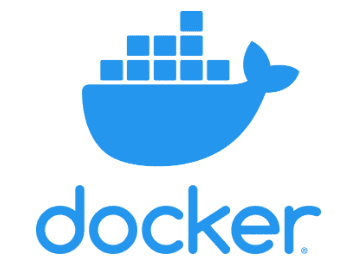
5. Kubernetes: The Go-To Container Orchestration Tool
Kubernetes is a highly popular container orchestration tool that automates containerized applications’ deployment, scaling, and management. It’s perfect for managing complex applications in cloud environments, offering robust infrastructure management capabilities and seamless integration with other DevOps tools.
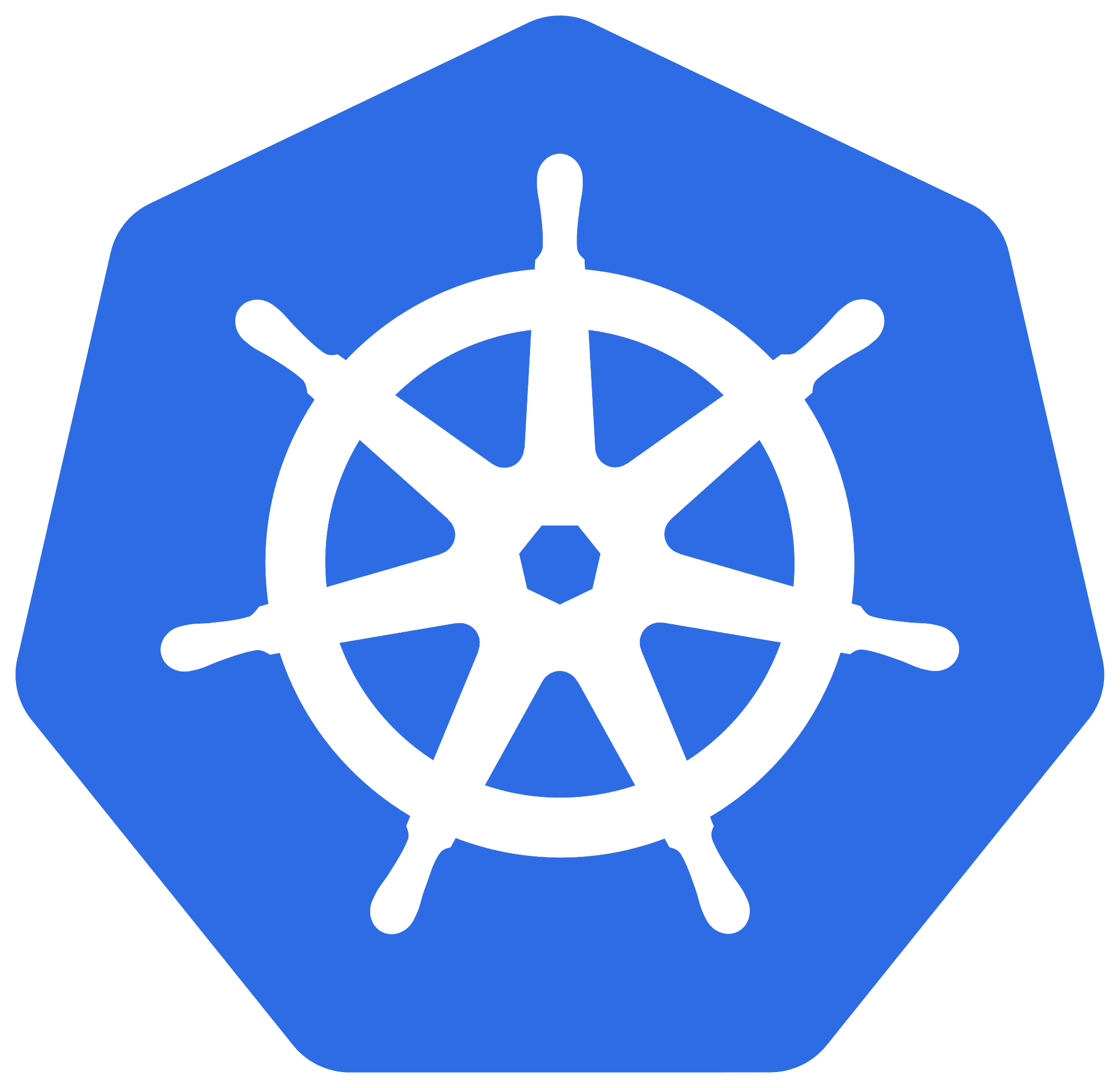
6. Ansible: Simplifying Configuration Management
As an open-source automation tool, Ansible excels in configuration management and application deployment. Its simple, human-readable language (YAML) allows you to define infrastructure as code, automate software development processes, and easily manage your entire infrastructure.
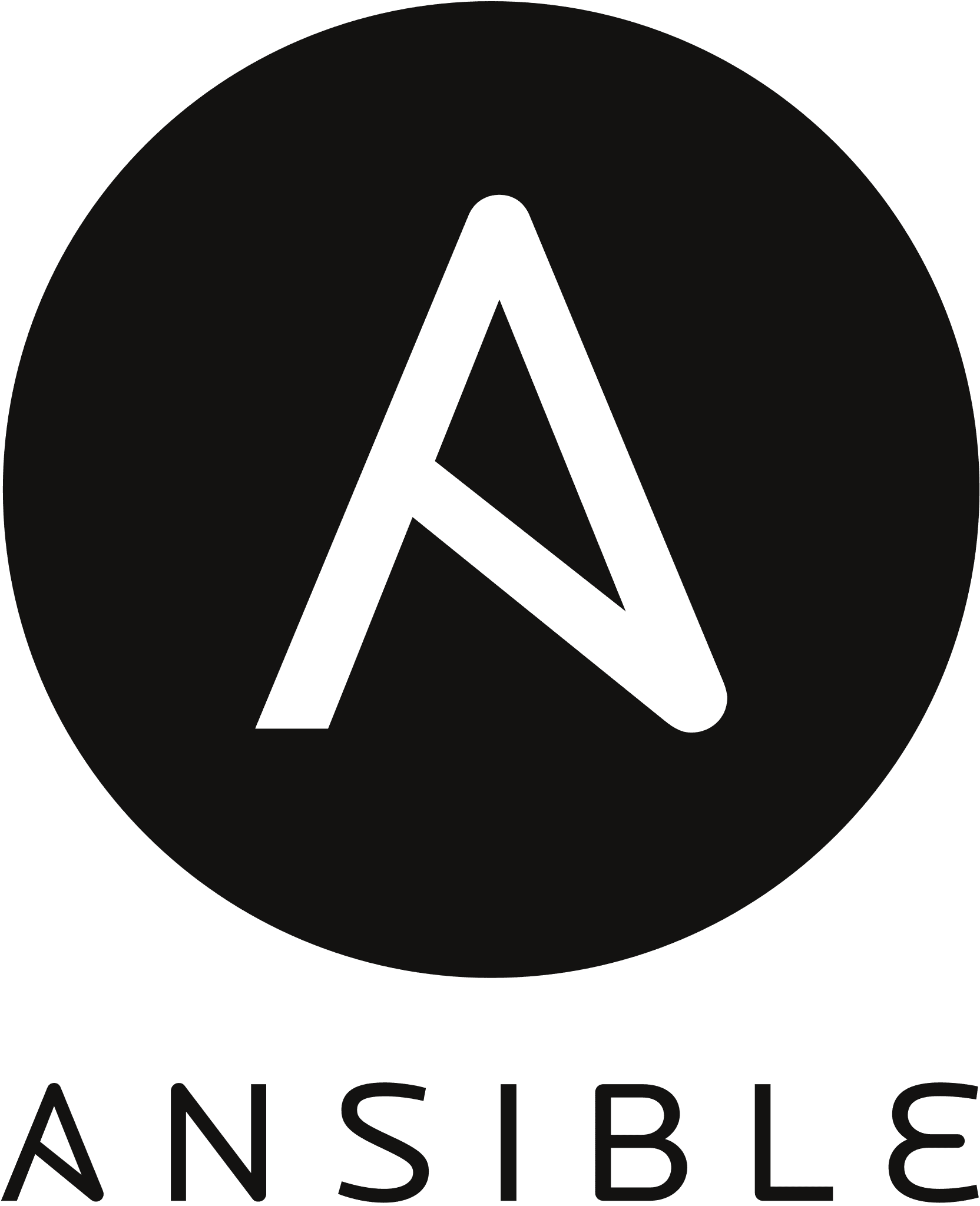
7. Terraform: Infrastructure-as-Code for Cloud Resources
Terraform is an infrastructure-as-code tool that helps provision and manage cloud resources, allowing you to define and automate your infrastructure in a version-controlled manner. It supports various cloud providers, including AWS, Google Cloud Platform, and Microsoft Azure, making it an excellent choice for managing cloud infrastructure.
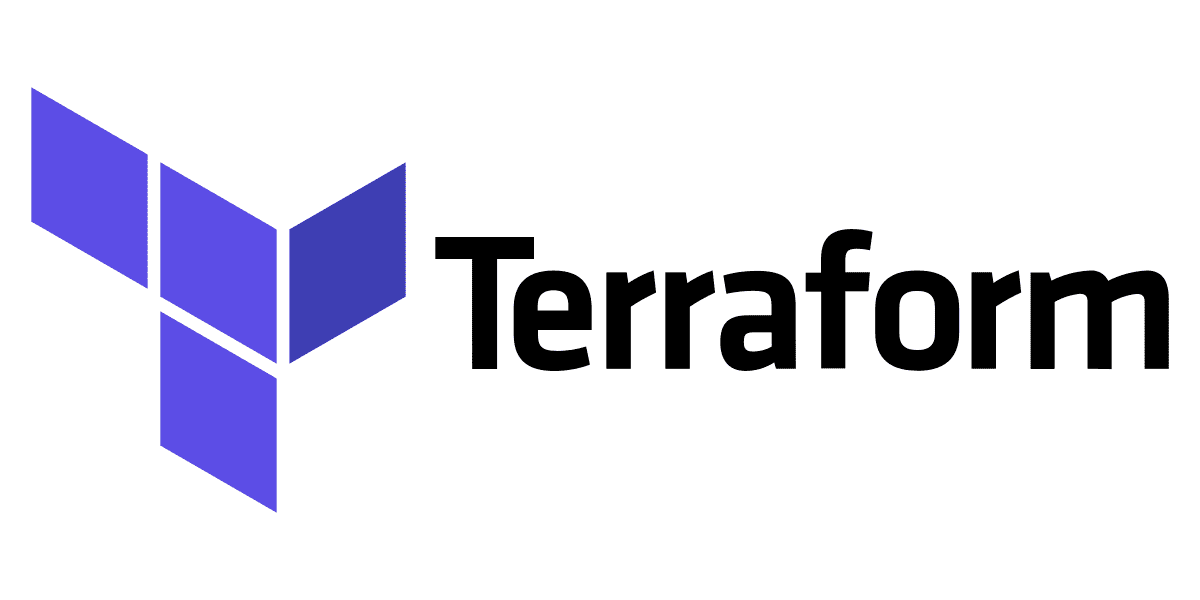
8. Puppet: A Configuration Management Powerhouse
Puppet is a widely-used configuration management tool that enables you to automate infrastructure management tasks and ensure consistency across your environments. Its declarative language and powerful reporting capabilities make it a reliable choice for managing virtual machine environments and cloud resources.
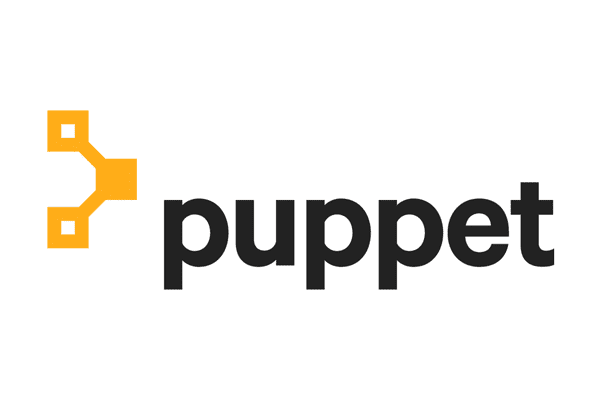
9. Chef: Infrastructure Automation and Configuration Management
Similar to Puppet, Chef is a powerful configuration management and automation tool for infrastructure provisioning and management. It uses a Ruby-based DSL (domain-specific language) for writing infrastructure code, providing flexibility and ease of use for development and operations teams.
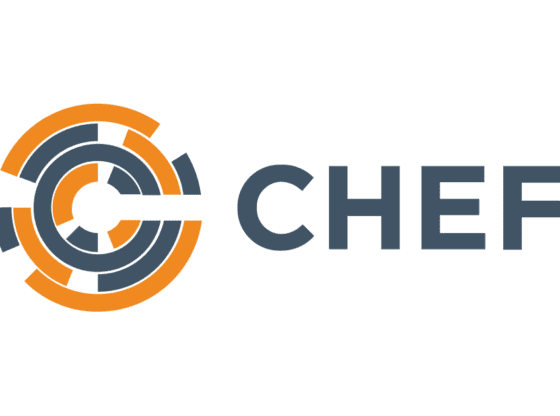
10. CircleCI: Continuous Integration and Delivery Made Easy
CircleCI is a cloud-based continuous integration and delivery platform that automates the build, test, and deploy processes, ensuring seamless integration with popular version control systems like Git. With a wide range of integrations and an intuitive user interface, CircleCI simplifies CI/CD for your software development lifecycle.
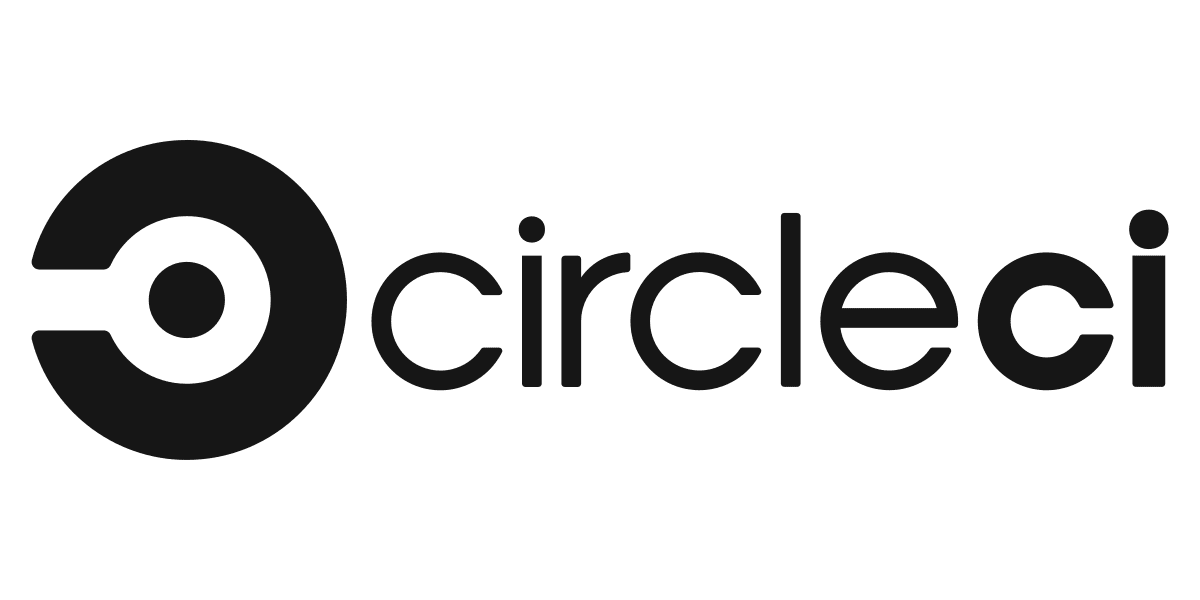
11. Travis CI: Effortless CI for GitHub Projects
Travis CI is a popular continuous integration service that focuses on building and testing code for software projects hosted on GitHub. Its seamless GitHub integration, support for multiple programming languages, and cloud-based infrastructure make it a top choice for CI/CD in Java virtual machine projects and other software development processes.
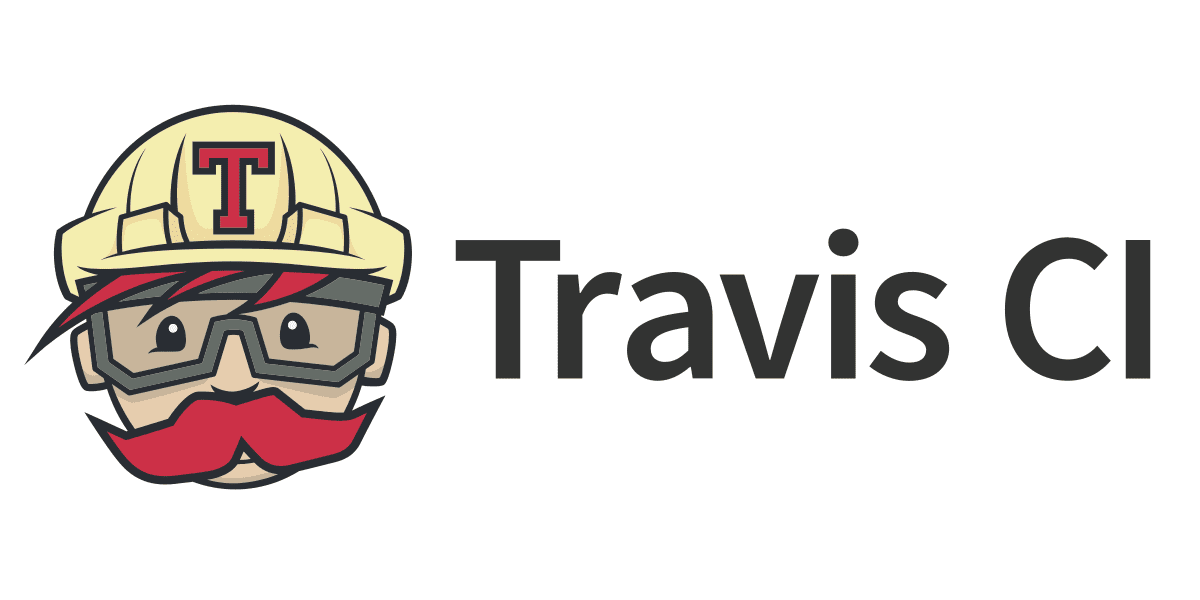
12. Bamboo: Atlassian’s CI/CD Solution
Bamboo, developed by Atlassian, is a continuous integration and deployment tool that integrates with other Atlassian products like Jira and Bitbucket. With built-in support for various programming languages, test environments, and deployment targets, Bamboo streamlines your development lifecycle while keeping your team in sync.

13. Azure DevOps: Microsoft’s Suite of DevOps Tools
Azure DevOps is a comprehensive suite of tools from Microsoft that simplifies planning, building, and deploying applications. It offers a range of services, including Azure Boards for project management, Azure Repos for version control, and Azure Pipelines for CI/CD, making it a powerful choice for managing software development processes.
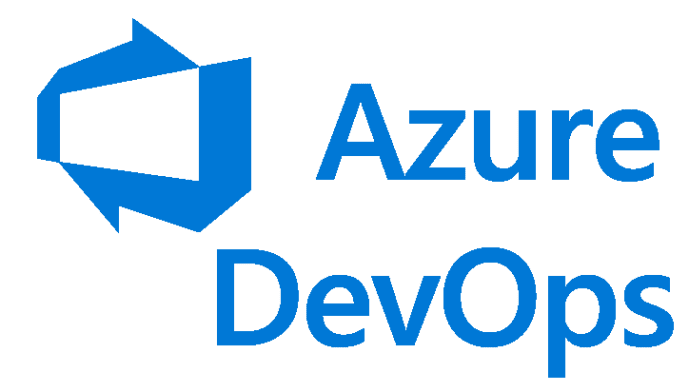
14. AWS CodeStar: End-to-End Application Development on AWS
AWS CodeStar is a fully managed service from Amazon Web Services that simplifies developing, building, and deploying applications on AWS. It offers a range of tools and integrations, allowing you to manage your software delivery process in a unified environment.
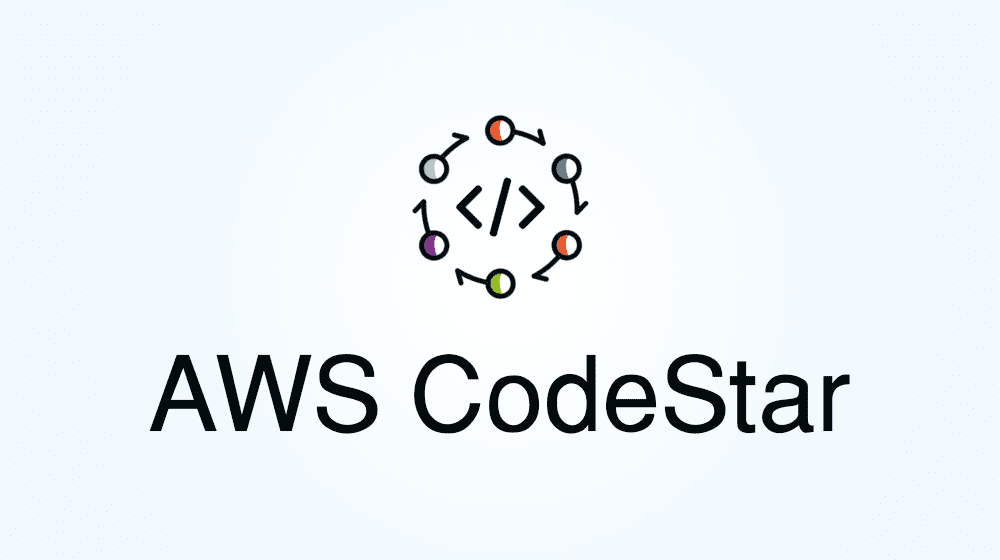
15. Google Cloud Build: Managed CI/CD for GCP
Google Cloud Build is a managed service for building and testing applications in the Google Cloud Platform. It offers a range of features, including automatic build triggering, parallel builds, and integration with other GCP services, making it an excellent choice for managing your CI/CD processes in the cloud.

16. Spinnaker: Multi-Cloud Continuous Delivery
Spinnaker is an open-source, multi-cloud continuous delivery platform that releases software changes reliably and quickly. With support for various cloud platforms, including AWS, GCP, and Microsoft Azure, Spinnaker enables you to automate your applications’ deployment, verification, and rollback.
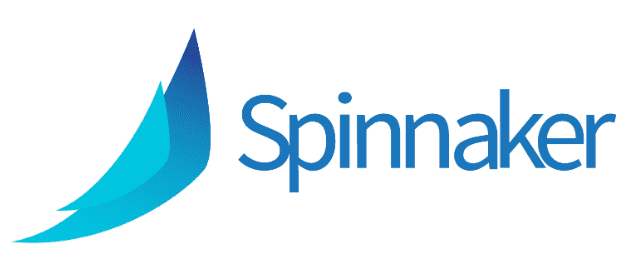
17. Argo CD: GitOps for Kubernetes Applications
Argo CD is a declarative GitOps continuous delivery tool for Kubernetes applications. It uses Git repositories as a single source of truth for your application’s desired state and automates the synchronization of your Kubernetes cluster with the repository, ensuring your application is always up-to-date and consistent.
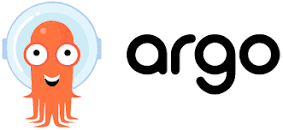
18. Octopus Deploy: Automated Deployment and Release Management
Octopus Deploy is an automation server that simplifies deployment and release management for .NET, Java, and other applications. Its intuitive user interface, support for various deployment targets, and integration with popular CI tools make it a reliable choice for managing your application deployment processes.

19. Harness: Continuous Delivery as a Service
Harness is a continuous delivery-as-a-service platform that automates your applications’ deployment, verification, and rollback. Its intelligent deployment strategies, integrations with popular DevOps tools, and powerful monitoring features help ensure the reliability and performance of your applications in production environments.
20. GitOps: Infrastructure Management with Git
GitOps is a methodology for managing application infrastructure and configuration using Git repositories as a single source of truth. This approach enables development and operations teams to collaborate effectively and maintain consistency across their environments, streamlining the software development lifecycle.
21. Prometheus: Scalable Monitoring and Alerting
Prometheus is an open-source monitoring and alerting toolkit designed for reliability and scalability. It offers powerful query capabilities, multi-dimensional data collection, and seamless integration with popular DevOps tools, making it a top choice for monitoring your applications and infrastructure.
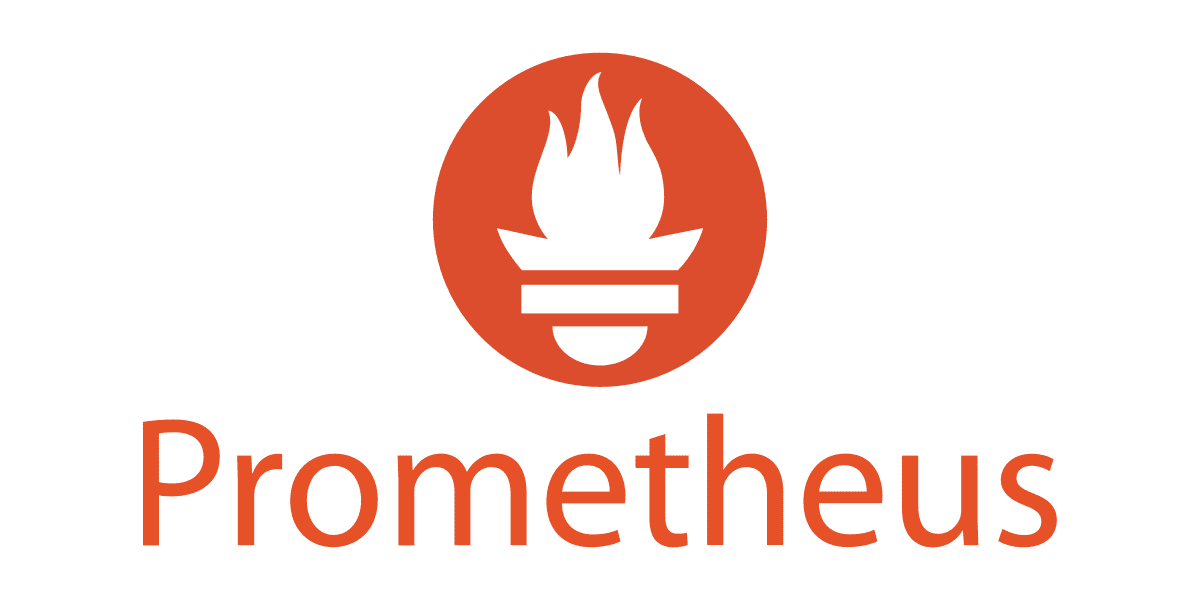
22. Grafana: Visualization and Analytics
Grafana is a popular visualization and analytics tool integrating various data sources to display metrics and logs. It’s customizable dashboards and alerting capabilities make it an essential tool for monitoring the performance of your applications and infrastructure.
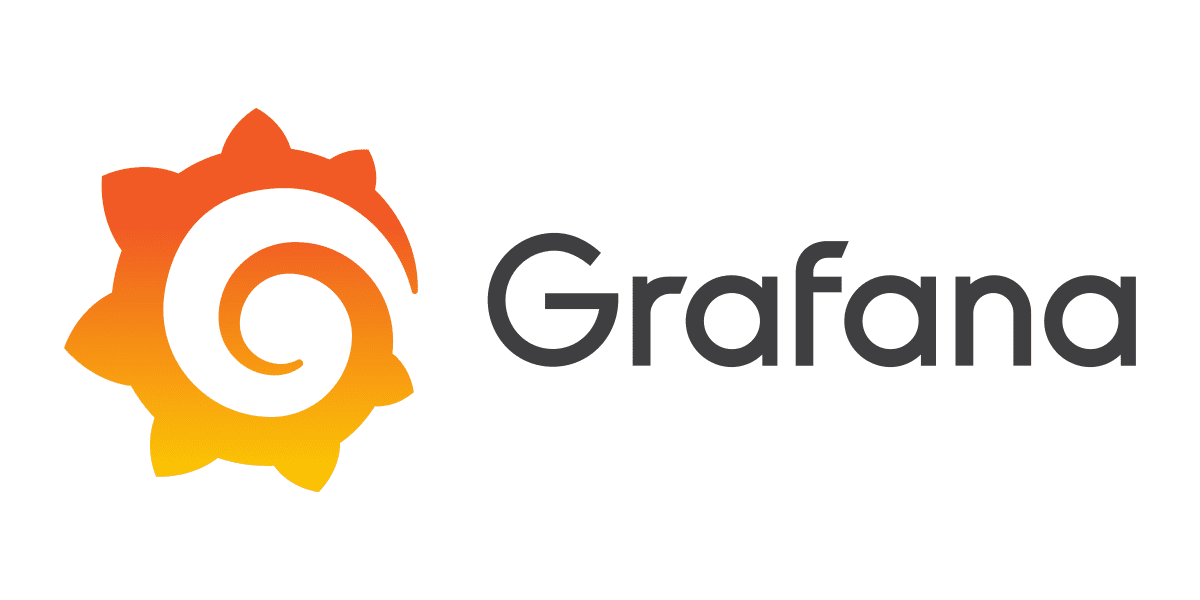
23. ELK Stack: Log Collection, Storage, and Visualization
The ELK Stack (Elasticsearch, Logstash, and Kibana) is a popular log collection, storage, and visualization tool set. Elasticsearch provides powerful search capabilities, Logstash collects and processes log data, and Kibana offers a user-friendly interface for visualizing and analyzing your logs.

24. SonarQube: Continuous Code Quality
SonarQube is an open-source platform that helps development teams maintain and improve code quality. It supports multiple programming languages and offers automated code analysis, identifying potential issues and vulnerabilities early in development.
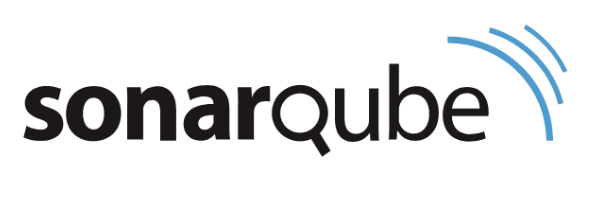
25. JFrog Artifactory: Universal Artifact Repository Manager
JFrog Artifactory is a universal artifact repository manager that supports various package formats, including Maven, Docker, and npm. It enables you to manage, store, and distribute your application’s binary artifacts, streamlining the software development lifecycle and ensuring consistent builds.
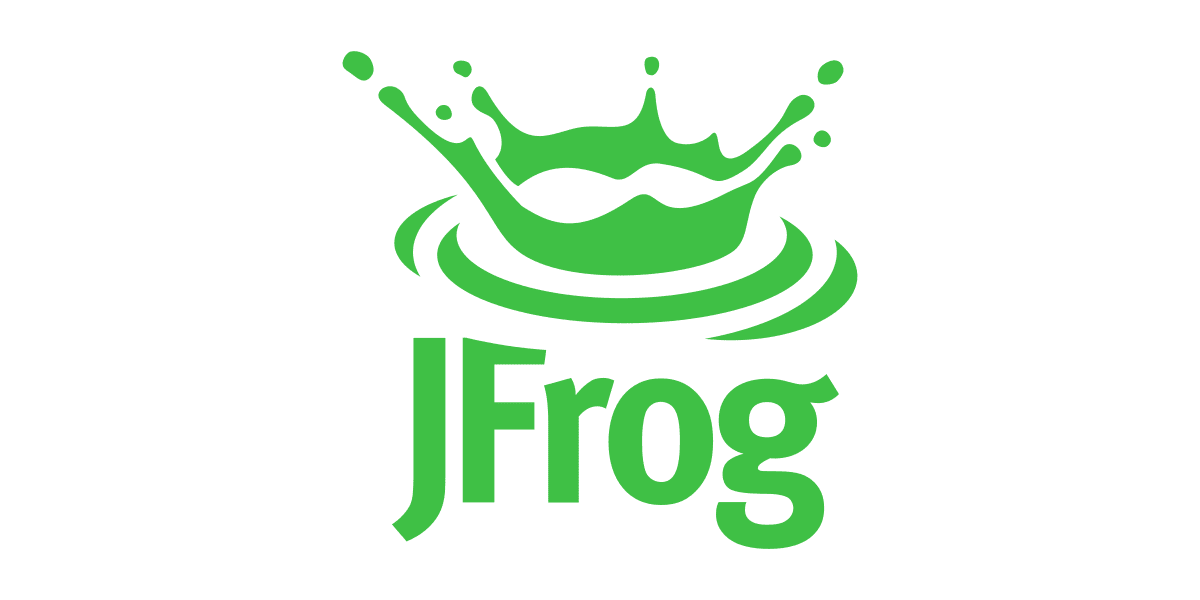
26. Selenium: Browser Automation for Web Testing
Selenium is a popular open-source web testing framework that automates browsers, making testing your web applications across different operating systems and browsers easier. With support for multiple programming languages and integration with various DevOps tools, Selenium ensures the reliability of your web applications.

Frequently Asked Questions
1. What are the key benefits of using DevOps automation tools?
DevOps automation tools help streamline software development processes, improve collaboration between development and operations teams, reduce human errors, and speed up the delivery of high-quality applications.
By automating various stages of the development lifecycle, teams can focus on delivering value to their users and continuously improving their products.
2. How do I choose the best DevOps automation tool for my organization?
Choosing the best DevOps automation tool depends on your organization’s specific needs, infrastructure, and team dynamics.
Consider factors such as compatibility with your existing technology stack, ease of use, scalability, and integration with other tools you use. Additionally, evaluate each tool’s features and capabilities to determine which one best aligns with your workflow and objectives.
3. Can I use multiple DevOps automation tools together?
Yes, many DevOps automation tools are designed to work together or integrate with other tools in the software development ecosystem. For instance, you may use a version control system like Git, a CI/CD platform like Jenkins, and a monitoring tool like Prometheus.
This interconnected approach allows you to create a comprehensive DevOps environment tailored to your organization’s needs.
4. Are open-source DevOps automation tools reliable?
Open-source DevOps automation tools can be just as reliable as their proprietary counterparts. They often benefit from active communities of developers contributing to their development and maintenance.
Some popular open-source DevOps tools include Git, Jenkins, and Kubernetes. However, evaluating each open-source tool’s community support, documentation, and ongoing development is essential to ensure its reliability and suitability for your organization.
5. How do I implement DevOps automation tools in my organization?
To implement DevOps automation tools, assess your organization’s current software development processes and identify areas where automation could improve efficiency or reduce errors. Next, evaluate various tools based on their features, compatibility, and integration capabilities.
Once you’ve selected the appropriate tools, train your development and operations teams on their usage and best practices, and gradually integrate the tools into your existing workflows. Remember that implementing DevOps is an ongoing process that requires continuous improvement and adaptation.
6. How do DevOps automation tools support cloud infrastructure?
DevOps automation tools often offer features designed to work seamlessly with popular cloud platforms like AWS, Google Cloud Platform, and Microsoft Azure. These tools can help automate tasks such as provisioning resources, managing virtual machine environments, and deploying applications across cloud environments.
By leveraging DevOps automation tools with cloud support, organizations can build and deploy applications more efficiently, optimizing resource usage and reducing costs.
Wrapping up
Choosing the best DevOps automation tools for your organization depends on your specific needs, infrastructure, and team dynamics. DevOps tools benefit businesses in today’s cloud-native environments.
By carefully considering the features and capabilities of each tool, you can optimize your software development processes, improve collaboration between development and operations teams, and ultimately deliver high-quality applications faster.
The tools highlighted in this guide represent some of the top choices in 2023, offering powerful solutions for various aspects of the DevOps environment, from CI/CD and infrastructure management to monitoring and code quality.


0 Comments